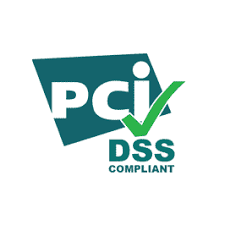As digital transactions become ubiquitous, the need for robust security measures is critical for any business handling payment card information. The Payment Card Industry Data Security Standard (PCI DSS) is a set of security standards designed to protect cardholder data, and compliance is mandatory for organizations that accept, process, store,…
Who Needs PCI Compliance? A Guide for Businesses Handling Payment Card Data



